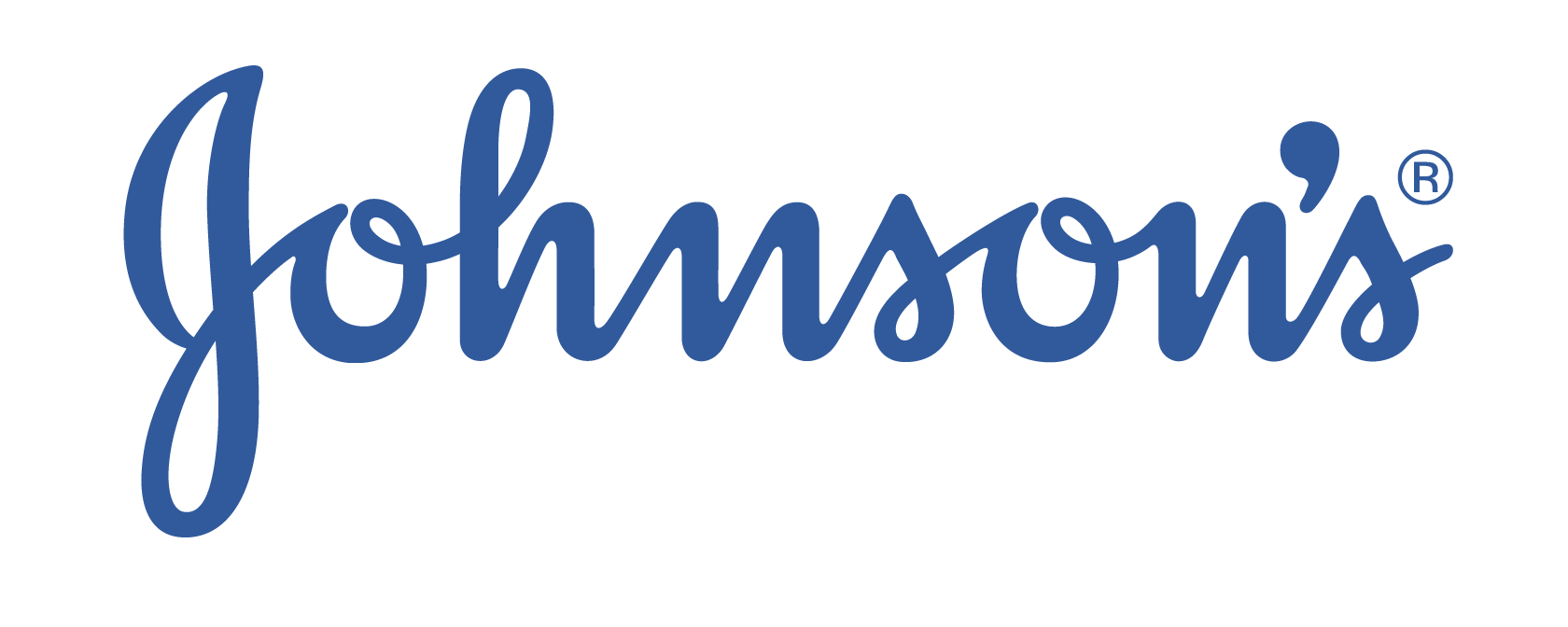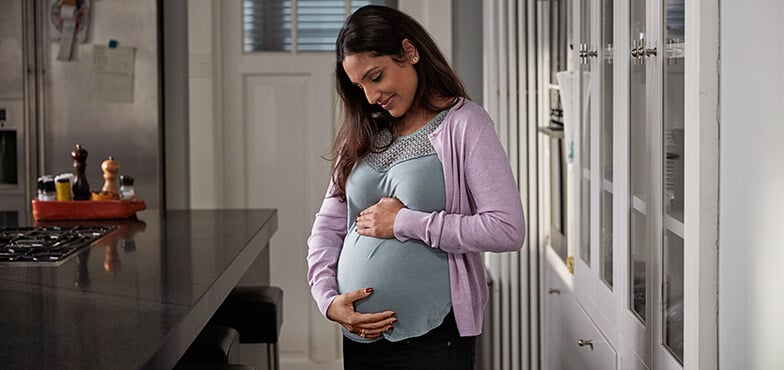As your pregnancy progresses you will experience physical changes, including backaches, weight gain and fluid retention. Symptoms like this, while uncomfortable, are normal, and often will go away after you give birth or as your pregnancy progresses.
In the meantime, there are ways to manage these symptoms so you can feel your best during, and after, your pregnancy.
Weight Gain
Try to keep in mind that the extra weight is important for a healthy pregnancy and will eventually come off after you've had the baby. Concentrate on:
Eating nutritious meals
Cutting out junk food
Exercising regularly (after first checking with your healthcare provider).
Backache
If you experience backache brought on by pregnancy, try these methods for reducing discomfort and getting a good night's sleep (under your healthcare provider's supervision):
Simple stretching or yoga to strengthen and stretch back and leg muscles
Treat yourself to a massage to relax and loosen tight back muscles
Try sleeping on your side with a pillow between your bent knees to support your lower back
Swollen Ankles and Feet
Because your body retains more fluid during pregnancy, you may experience swollen legs, ankles and/or feet (edema), particularly during your third trimester. To relieve this condition:
Stay off your feet as much as possible
Wear comfortable shoes
Avoid sitting or standing for long periods
Note: Call your healthcare provider if you notice sudden swelling in your hands and face. It could signal a dangerous pregnancy condition called preeclampsia.
Itchy Skin
It is not uncommon to feel itchy as the skin on your belly and breasts expands. Some women also find that their palms and the soles of their feet get red and you may also find that certain conditions that normally make you itchy (such as dry skin, eczema or food allergies) make you even itchier when you're pregnant.
To reduce discomfort, avoid taking hot showers or baths, use mild soap and moisturise liberally with an unscented lotion.
Intense Itching
Severe itchiness in the second or, more commonly, third trimester can be a sign of intrahepatic cholestasis of pregnancy, a liver problem that affects up to 2% of pregnant women and may spell trouble for your baby. Call your doctor or midwife immediately if you think you have cholestasis. If you do, your doctor will recommend the appropriate tests for you and your baby.
When to see a doctor: Contact your pregnancy care provider promptly if you begin to feel persistent or extreme itchiness.
Stretch Marks
Not all women get stretch marks. Because they appear in areas where the skin has stretched rapidly due to weight gain, you may reduce your chances by gradually adding weight, and not exceeding the recommended weight for your body type.
If you do get stretch marks, there are some options for minimising their appearance. Some studies have shown that topical ointments such as tretinoin cream may help; however, they must be applied soon after you give birth (note: some topical treatments are not safe to use while you are pregnant and/or nursing, so consult with your healthcare provider).
Fast-growing Fingernails
Sometime around the fourth month, your nails may start to grow faster than usual. They may also become softer or more brittle and develop tiny grooves. They should return to normal within a few months postpartum.
Body Changes to Get Excited About
While pregnancy brings about many challenges physically, there are a few physical changes you will wish lasted, such as:
A luxuriant head of hair
The proverbial 'glow'
A newly ample bosom

Healthy Fuel
Dig-in with a few nutritional and delicious ideas from BabyCenter® to satisfy cravings in a healthy way.
We are committed to working with moms, healthcare experts and scientists to ensure our products continue achieving the highest standards in safety, quality and care.

